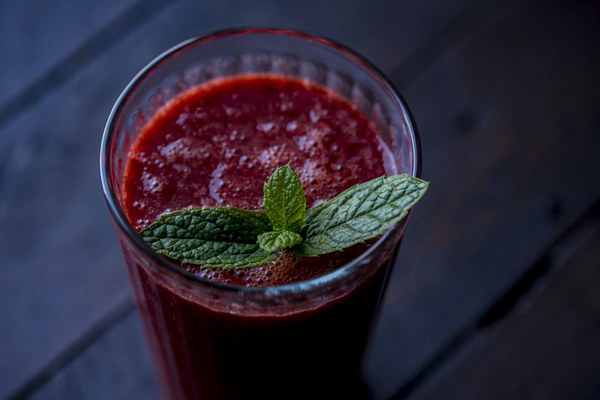The Effective Medications for Nourishing Your Stomach A Comprehensive Guide
The Effective Medications for Nourishing Your Stomach: A Comprehensive Guide
Gastrointestinal health is a crucial aspect of overall well-being, and a healthy stomach is essential for proper digestion and nutrient absorption. When your stomach is acting up, it can lead to discomfort, pain, and a range of digestive issues. Medications designed to nourish and protect the stomach are widely available, but it's important to understand which ones are most effective and how they work. This comprehensive guide explores the various medications used for stomach nourishment, their mechanisms, and their potential side effects.
Antacids: Quick Relief for Acid Indigestion
Antacids are among the most commonly used medications for stomach issues. They work by neutralizing stomach acid, providing quick relief for symptoms like heartburn, indigestion, and acid reflux. Some popular antacids include:
- Aluminum hydroxide (e.g., Maalox, Mylanta)
- Magnesium hydroxide (e.g., Milk of Magnesia)
- Calcium carbonate (e.g., Tums, Rolaids)
These medications are available over-the-counter and can be taken as needed. However, they do not address the underlying cause of stomach problems and should not be used long-term.
Proton Pump Inhibitors (PPIs): Long-Term Acid Reduction
For chronic conditions like gastroesophageal reflux disease (GERD) or peptic ulcers, proton pump inhibitors (PPIs) are often prescribed. PPIs reduce the production of stomach acid by blocking the enzymes responsible for acid secretion. Some widely used PPIs include:
- Omeprazole (e.g., Prilosec)
- Lansoprazole (e.g., Prevacid)
- Pantoprazole (e.g., Protonix)
- Rabeprazole (e.g., Aciphex)
- Esomeprazole (e.g., Nexium)
PPIs are typically taken once daily and can provide long-term relief. However, they may have side effects and should not be used without a doctor's guidance, especially for extended periods.
H2 Antagonists: Intermediate Acid Reduction
H2 antagonists work by reducing the amount of acid produced in the stomach. They are often used as a short-term treatment for acid-related symptoms and can be taken with or without food. Common H2 antagonists include:
- Ranitidine (e.g., Zantac)
- Cimetidine (e.g., Tagamet)
- Famotidine (e.g., Pepcid)
These medications are also available over-the-counter, but their effectiveness may vary from person to person.
Probiotics: Promoting Gut Health
While not medications in the traditional sense, probiotics are live microorganisms that can help maintain a healthy gut. They can be found in supplements, yogurt, and other fermented foods. Probiotics work by balancing the gut microbiome, which can help prevent stomach issues. Some beneficial probiotics include:
- Lactobacillus acidophilus

- Bifidobacterium bifidum
- Bifidobacterium lactis
Probiotics are generally considered safe and can be a good complementary treatment for stomach-related problems.
Side Effects and Precautions
It's important to be aware of the potential side effects and precautions associated with stomach-nourishing medications. Side effects can vary depending on the medication, but common ones include:
- Gastrointestinal issues: Diarrhea, constipation, abdominal pain, and bloating.
- Vitamin and mineral deficiencies: Long-term use of PPIs and H2 antagonists can lead to deficiencies in vitamin B12, calcium, and magnesium.
- Increased risk of infections: PPIs may increase the risk of certain infections, such as Clostridium difficile.
Before starting any medication, it's crucial to consult with a healthcare professional. They can provide personalized advice based on your specific health needs and ensure that the medication is appropriate for your condition.
In conclusion, there are various medications available to nourish and protect the stomach, each with its own benefits and potential risks. By understanding the different options and their mechanisms, you can make informed decisions about your gastrointestinal health. Always consult with a healthcare provider before starting any new medication, and remember that a healthy diet and lifestyle play a significant role in maintaining stomach health.









